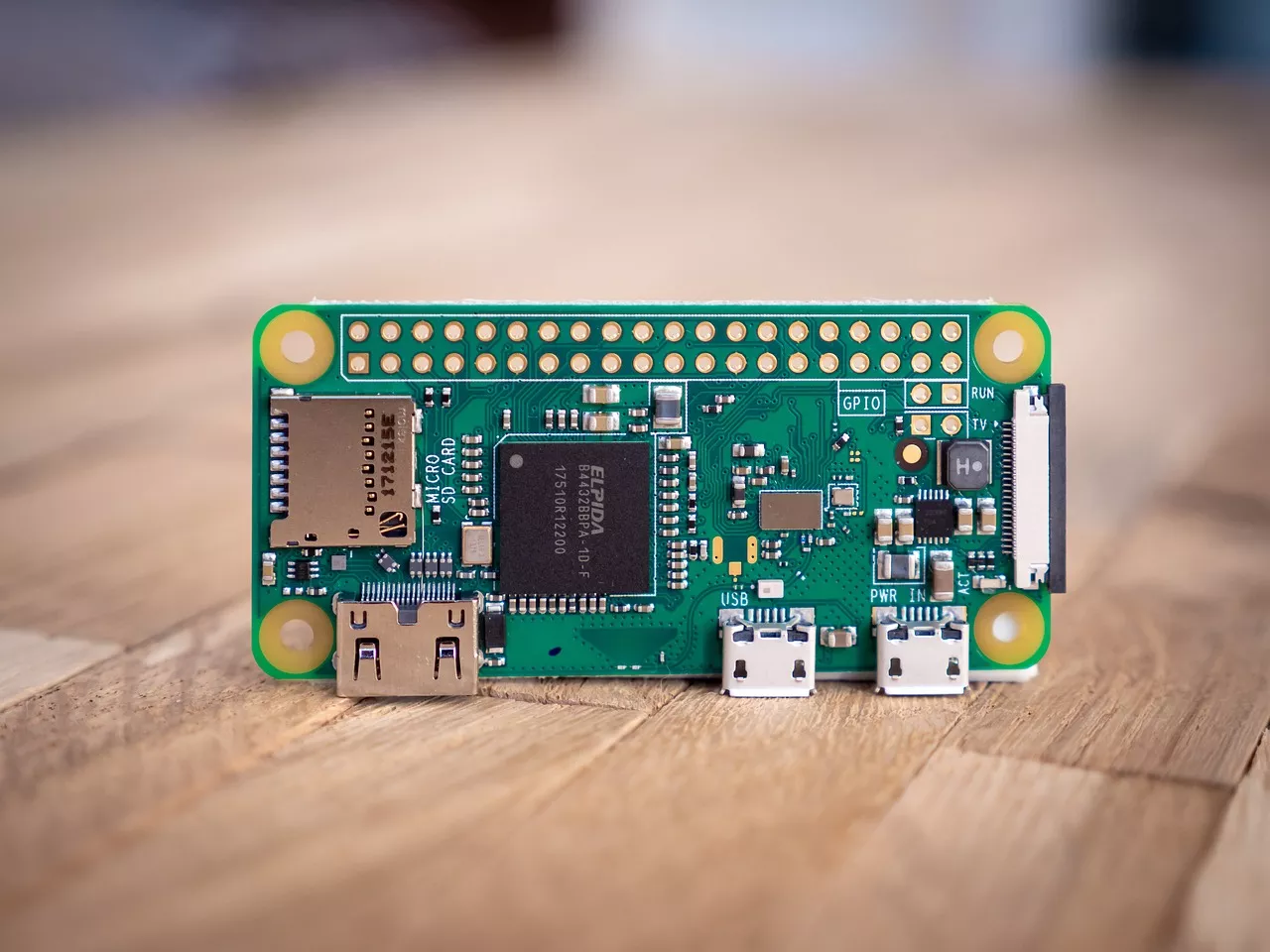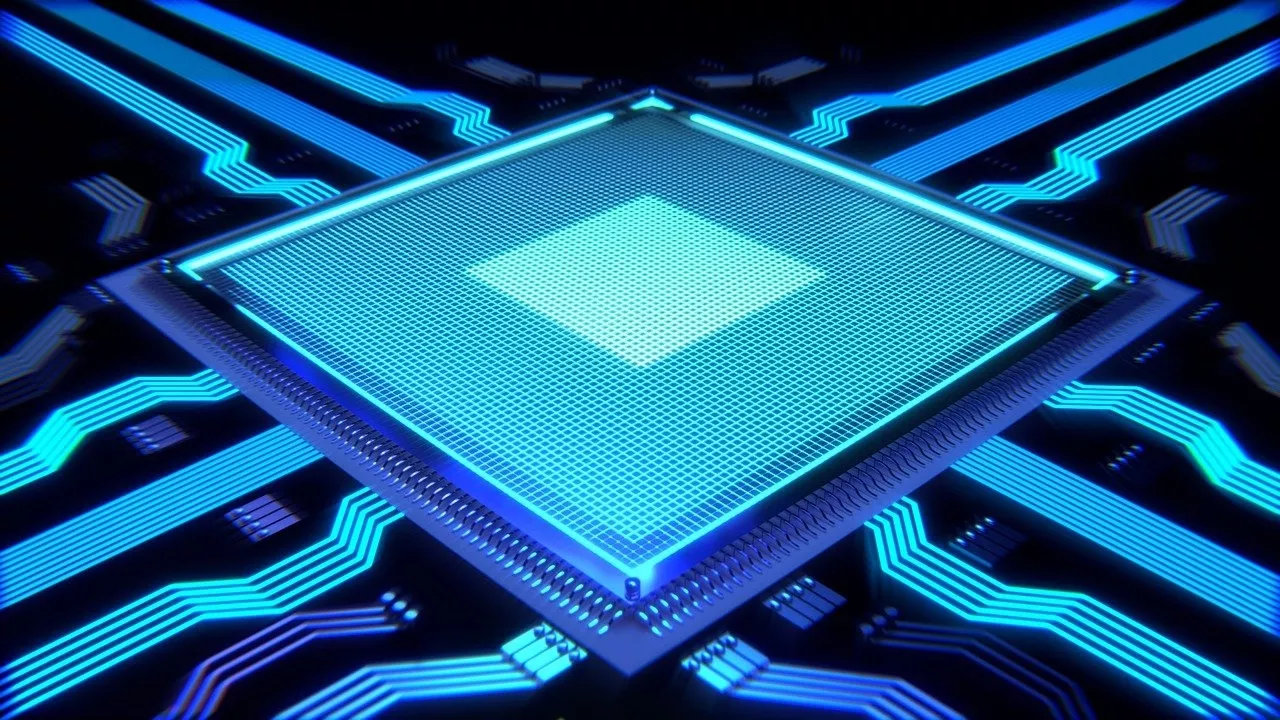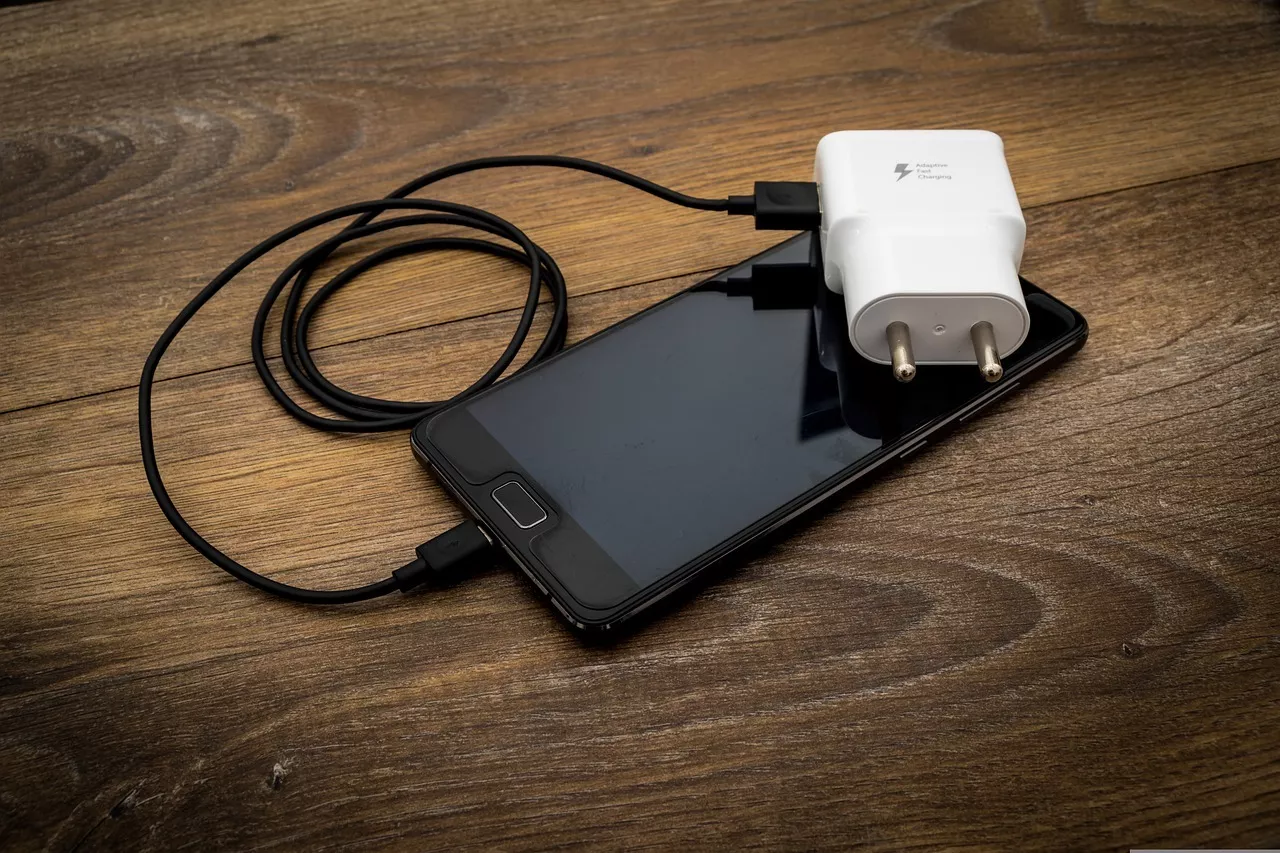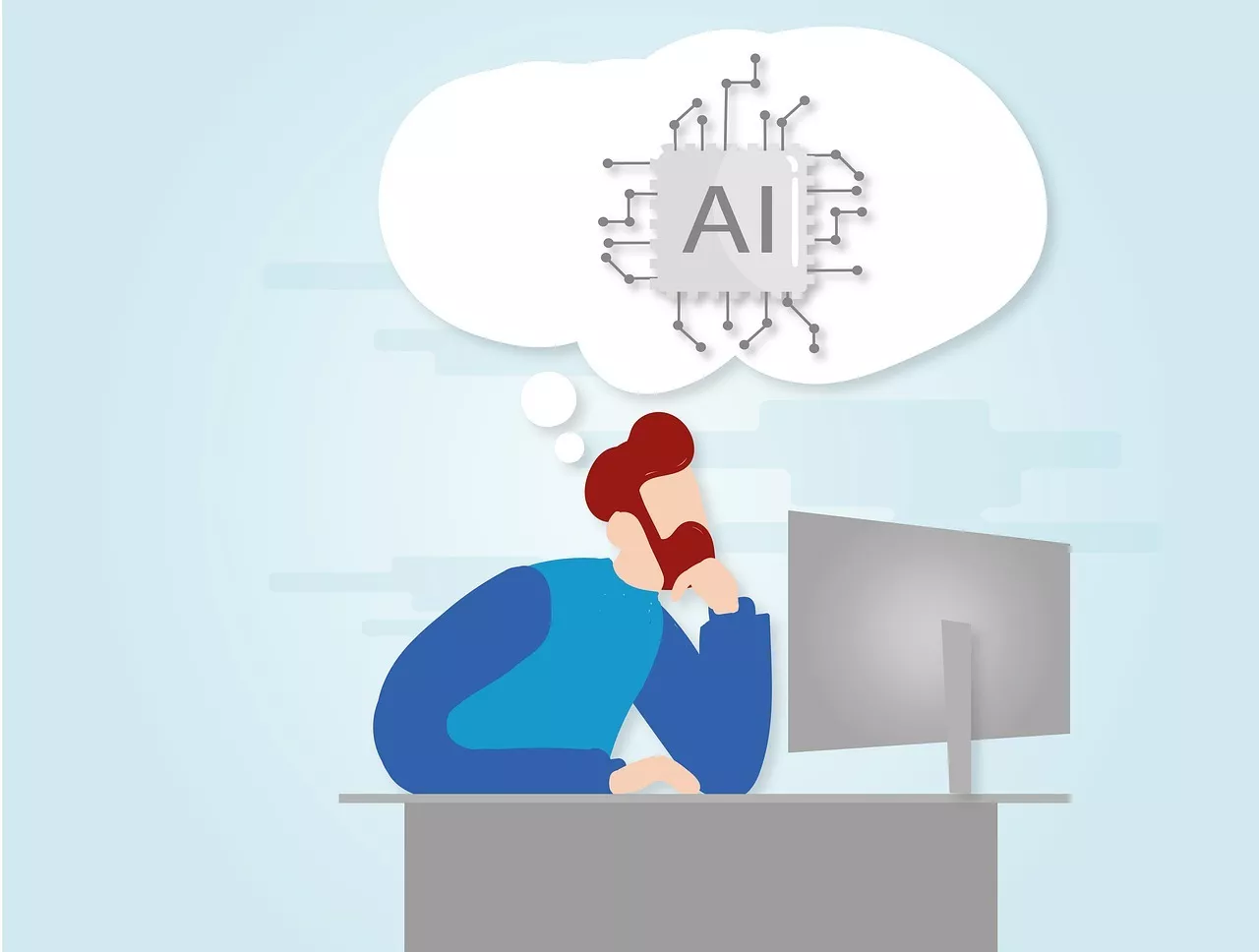Single-board Computers: From Niche Product to Everyday Helper
Not too long ago, single-board computers were exclusively the domain of computer nerds, electrical engineers, and robotics enthusiasts. But times have changed. These miniature wonders have now made their way into the daily lives of millions of people, democratizing technology in the process.
In the past, handling single-board computers like the Raspberry Pi, Arduino, and others required a considerable amount of technical know-how and programming skills. However, the barriers have come down. Nowadays, these small computers are so user-friendly that even a tech novice can get them up and running. Most models come with a simple user interface and detailed instructions to make getting started easier.
The applications are now virtually endless. They range from automating household appliances to controlling garden irrigation systems, from video surveillance to implementing basic AI systems. Many people also use single-board computers as cost-effective server solutions, media centers, or to emulate old video games.
In the field of education, single-board computers have become invaluable tools. Students learn programming and electronics by realizing practical projects. Even in developing countries, these affordable devices find application, as they provide an affordable means of computer education.
The rapid development of software has also helped make single-board computers more accessible. Open-source projects and a global community of developers have provided a wealth of free tools and resources that allow even laypeople to tackle complex tasks.
Of course, there are critics who point out the security risks associated with the uncontrolled use of these devices. A poorly secured single-board computer can indeed be a gateway for hackers. But this is less a criticism of the technology itself than a call to take the need for digital literacy and security seriously.
Unlike some technological trends that turn out to be passing fads, single-board computers seem here to stay. Their potential is far from exhausted, and it is exciting to watch how they will continue to evolve. From small DIY projects to industrial applications, these palm-sized computers have made the leap from niche to mass market, redefining our conception of what is possible with technology.
In summary, single-board computers are no longer just toys for nerds. They have become everyday helpers for people of all ages and backgrounds, and that is something we can only welcome.











